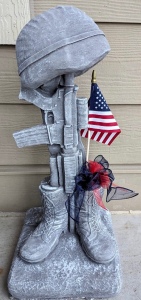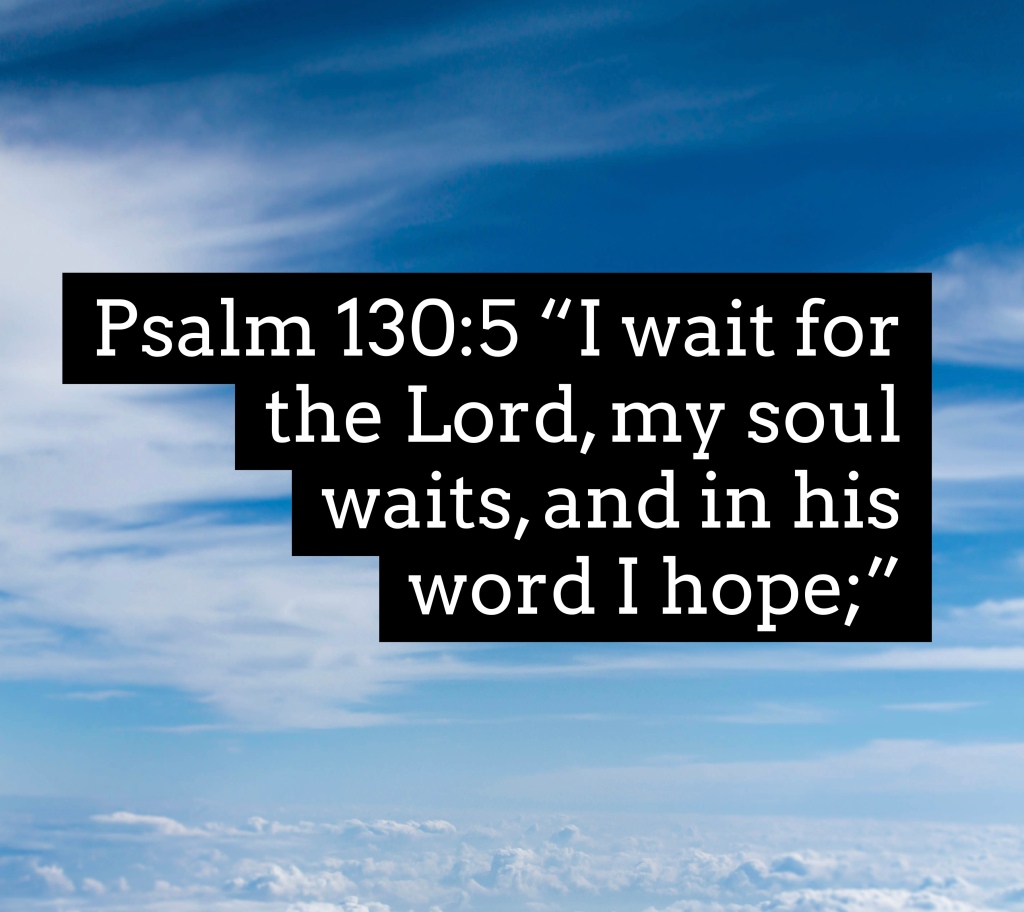My life has had many changes over the last year. If you would ask me I would say dramatically, but then I do add drama to things that maybe because of my reactive personality get blown out of proportion.
As my journey again changes I contemplate the word purpose. The last few years my purpose, whether I chose it or not was somewhat of a caretaker. It consumed my life, at least in my mind, and now I find myself a little lost.
The world has told us we need to have a purpose. Once I was told it was my purpose in life to bring my mother-in-law out of the nursing home into my home to take care of her. That one I knew was not my calling, though I did believe I needed to help to do everything to make her life better. I was able to discern what to choose for her and me as a good choice.
As I sit with my coffee and think about purpose and the future, I wonder what if … the way the world challenges people to have a purpose in life, perhaps makes finding our purpose more important than it should be. We tend to worry if we don’t see or feel we have one, which then causes us anxiety. The quest to find meaning, to make a difference, often causes anguish in someone’s life because we define the word as doing a great service that others recognize. It makes us feel less than because we don’t feel we measure up to the definition of others, and what the world expects. We see high profile people shouting out what their purpose is, and telling us we need to find ours. If we’re not doing that than we are failing.
What if…we defined our purpose as just being. Not doing anything earth shattering or great in the world’s and society’s eyes, but just breathing and living?

Immediately when a baby is born we put our hopes and dreams of their future upon them. Babies and children revel in just being. They are spontaneous with their laughter, their tears and their innocence until they get out into the world. They feel our stress. We pass that down to them. They grow and they learn from us. But at the beginning their purpose is just to be. To eat and sleep and laugh and cry, to be loved and to accept that love. Wouldn’t it be nice to feel that again?
We strive so hard to matter and to be remembered yet…if I think about those in my life that left their influence on me, it’s not the Robert Redford’s or the John F. Kennedy’s or anyone in the news. It’s the quiet ones. The people I am close to. Someone who has entered my life as a friend. It’s family members or those I’ve had contact with that live their lives being real and reaching out as a friend. They don’t hold high offices. They aren’t great speakers or writers. They haven’t won tons of awards or are famous. They are regular everyday people living their lives the best they know how, at work or at home and in the community.
Purpose. As I find my life changing again I am going to change what I believe about my purpose in life. I think I want to just be…a mom, a grandmother, a friend first and foremost, and see where that leads.
Sitting here floundering in the quietness of wondering what is next, I am going to hold on to this quote by Charles M Schulz
My life has no purpose, no direction, no aim, no meaning, and yet I’m happy. I can’t figure it out. What am I doing right?
And this Bible verse:
Many are the plans in a person’s heart, but it is the Lord’s purpose that prevails.



